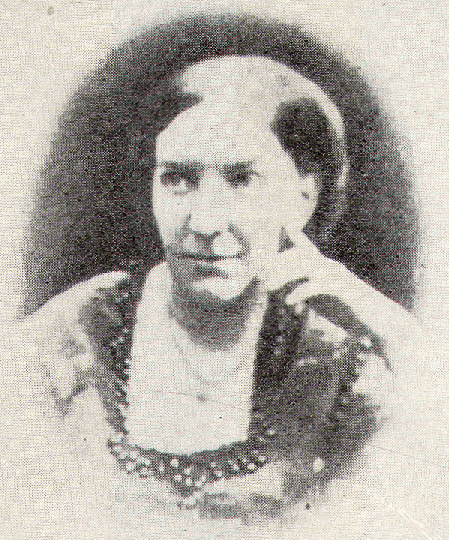


|

|

| Level* | |||
|---|---|---|---|
| 1872 | A Dog of Flanders | 2 | Literature / Fiction / Realistic |
| 1916 | The Nurnberg Stove | 2 | Literature / Fiction / Realistic |
Author biography from the Junior Book of Authors, 1935; courtesy of the H.W. Wilson Company
Once there was a little girl who could not pronounce her own name, Louise. She called it "Ouida," and she was known as Ouida all her life. Her real name was Louise de la Ramee, though she stuck in the "de la" herself, her father's name being just plain Ramee. In spite of the French sound of his name, he was of English blood, and Ouida was born in England, at Bury St. Edmunds, in West Suffolk County. She grew up, however, ins Paris, for her mother was a Frenchwoman.
Her father, a teacher, had a fondness for gambling and he used to take her with him to the gambling places in Paris. He was a mysterious man, who would occasionally disappear from home and stay away a long time. Finally he went away and never came back. It is believed that he was killed for being implicated in some French political plots.
Ouida was different from other girls. At parties she would sit alone and read a book instead of playing games or dancing with the other children. When she was fourteen she wrote a history of England.
In her early twenties she moved to London with her mother, and began to produce books in rapid succession. She wrote in a huge hand, just a few words on every sheet, and she never corrected her work or verified the facts. Her stories were unlike any others in English, being wild romances in the French manner. For she hated English fiction and wrote as differently from it as she possibly could. Her books sold by the millions and brought her great wealth. She gave elaborate parties for the celebrities of the day in the Langham Hotel, where she made her home.
At the height of her fame and fortune, Ouida went to live in Italy. She stayed first in Florence and later in a villa at Lucca, not far from Florence. As long as the money poured in, she spent it extravagantly. She drove around in a carriage upholstered in turquoise-blue leather, drawn by a pair of chestnut ponies that had bunches of pheasant feathers in their harness. She wore gowns of silk and velvet made by Worth in Paris, with skirts short enough to expose her ankles, of which she was very vain.
Her appearance was striking, though she was not thought pretty. She wore her hair streaming down her back until she was past middle age, and her skin was pink like that of a young girl. Her hands were unusually expressive. She would receive her guests standing in stately grandeur on a white bearskin rug, surrounded by her dogs, of which she was passionately fond.
Ouida was haughty. She snubbed those people who did not defer to her as they would to a queen, and she lavished her attentions upon the aristocracy. Once she fell in love with an Italian gentleman, but he did not return her affection and she never married. Publishers found her an extremely difficult person to deal with, for she stubbornly insisted that all her whims concerning the issue of her works should be carried out. Despite her snobbishness, she was the champion of the Italian peasants in their battles against taxation, and she never tired of fighting for the weak and helpless.
At length Ouida's popularity as a writer diminished and she was left penniless. She proudly refused help from her friends, even when there was no roof over her head. And she died in poverty at Viareggio, Italy, at the age of sixty-nine.
Her love of dogs found expression in her stories A Dog of Flanders and Moufflou. The first tells of the great friendship between a big Fleming dog and a small orphan boy in old Antwerp; the second is the story of a little Italian lad and his pet poodle. These are the stories for which Ouida is known and loved by boys and girls today—these together with The Nürnberg Stove, which narrates how August, a little German boy, took a long journey in a porcelain stove. There is a collection of Ouida's tales for young people called Bimbi—Stories for Children.
| LEVEL | AGE RANGE |
| 0 | Kindergarten |
| 1 | Grades 1 to 3 |
| 2 | Grades 4 to 6 |
| 3 | Grades 7-9 |
| 4 | Grades 10-12 |
| Copyright (c) 2005 - 2023 Yesterday's Classics, LLC. All Rights Reserved. |